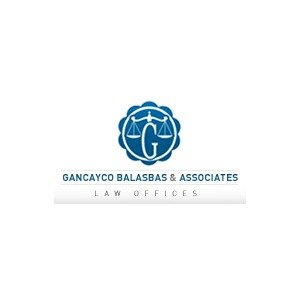Best Debt & Collection Lawyers in Manila
Share your needs with us, get contacted by law firms.
Free. Takes 2 min.
List of the best lawyers in Manila, Philippines
Philippines Debt & Collection Legal Questions answered by Lawyers
Browse our 2 legal questions about Debt & Collection in Philippines and the lawyer answers, or ask your own questions for free.
- Is it really possible to collect a debt thru filing a case?
- I am planning a case against a friend who has multiple swipes on my credit card but failed to pay me. Initially, she was a good payer but something happened and she stopped paying me. The total number of swipes was a huge amount. I also have an investment in... Read more →
-
Lawyer answer by Starlion Legal
What country are you in?, yes you can make a claim in court for this in a small claims court.
Read full answer - Are you allowed to humiliate people because of unpaid debt on social media?
- She humiliated me on facebook very badly because of my unfinished payment of my debt.
-
Lawyer answer by GAVEL & GREY LEGAL PRACTITIONERS
She is wrong to have humiliated youthat is not the right approach to recover debt owed.that which she did is known as defamation of character and you are free to take actions against herans I advice you pay her debt ...
Read full answer
Disclaimer:
The information provided on this page is for general informational purposes only and does not constitute legal advice. While we strive to ensure the accuracy and relevance of the content, legal information may change over time, and interpretations of the law can vary. You should always consult with a qualified legal professional for advice specific to your situation. We disclaim all liability for actions taken or not taken based on the content of this page. If you believe any information is incorrect or outdated, please contact us, and we will review and update it where appropriate.








